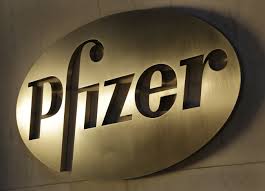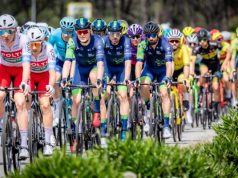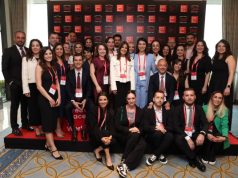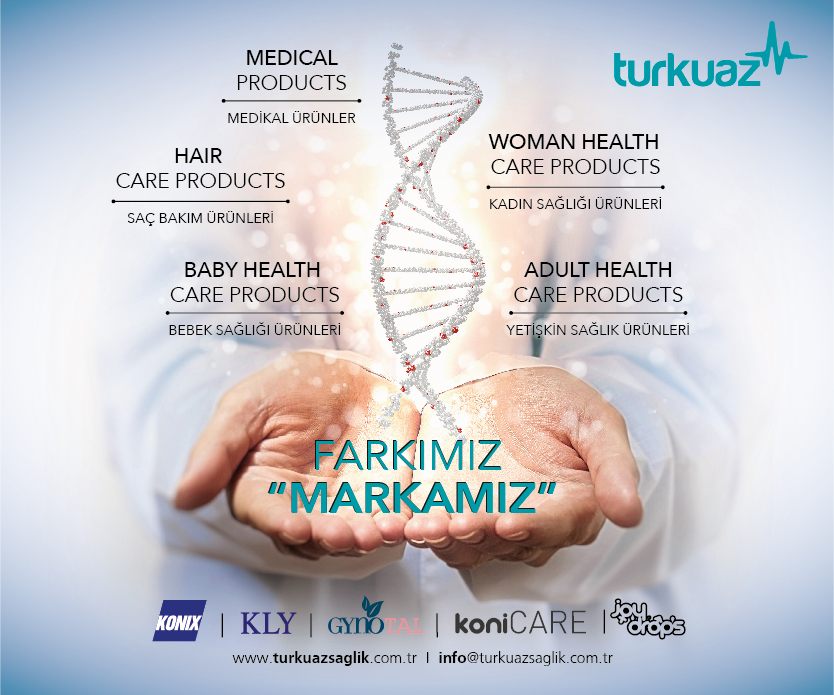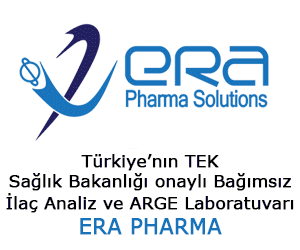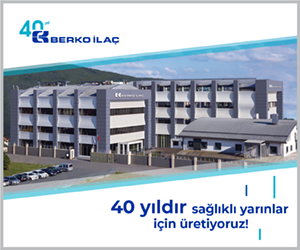Roche son zamanlarda Pfizer’ı , Herceptin için olan biyo-benzeri ürünlerin patent ihlallerine maruz kaldığını belirterek dava etti .
Roche recently sued Pfizer , stating that the latter’s biosimilar for Herceptin amounts to patent infringement. Roche has nearly $2.5 billion in sales at stake. We believe that these lawsuits are going to be increasingly common as Roche and other companies fiercely defend their biologic sales, which have enjoyed virtually no competition even after patent expiry. However, the landscape is changing with the introduction of biosimilars, which are generic versions of biologics that have started entering the market in recent years. Pfizer will have to navigate these lawsuits, but is this all worth it? Why is Pfizer pushing for biosimilars? Take a look at our interactive breakdown of Pfizer’s businesswhich shows how the company can benefit from capturing the market opportunity in the U.S. by leveraging its acquisition of Hospira.
Our price estimate for Pfizer stands at $36, which is slightly above the current market price.
Why Investing In Biosimilars Makes Sense For Pfizer
Investing in biosimilars makes sense as Pfizer needs new growth avenues. Pfizer’s total revenue has fallen sharply in the last 5 years primarily due to the loss of patent protection of Lipitor, Viagra, Celebrex and some other drugs. In addition, we expect that much of the incremental revenue from new and pipeline drugs to be offset by continued declines in legacy drugs. Therefore, biosimilar investment makes sense, as estimates for the global market opportunity range from $10 billion to $35 billion for 2020.
How Big Is The Market Opportunity?
Apart from its already launched biosimilar for Remicade, Pfizer is immediately targeting a roughly $7.5 billion addressable market by working on biosimilars for Roche’s cancer stalwarts Herceptin, Avastin and Rituxan. Hospira, which Pfizer acquired in late 2015, is developing biosimilars for Herceptin, Avastin and Rituxan. The U.S. sales for these biologics stood at roughly around $9.5 billion in 2016. Since biosimilars are priced 20% below biologics in the U.S., Pfizer is looking to target an addressable market of roughly $7.5 billion.


